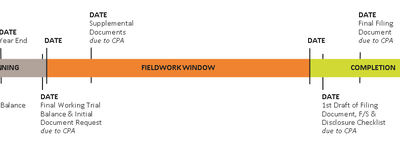
What are “Advanced Pricing Methods”?
Advanced Pricing Methods℠ (APM) is a term I coined to encompass techniques that I teach professionals to use to price knowledge work before the ...
Practical advice & creative ideas for professionals who price their work in advance.


Choose Category

